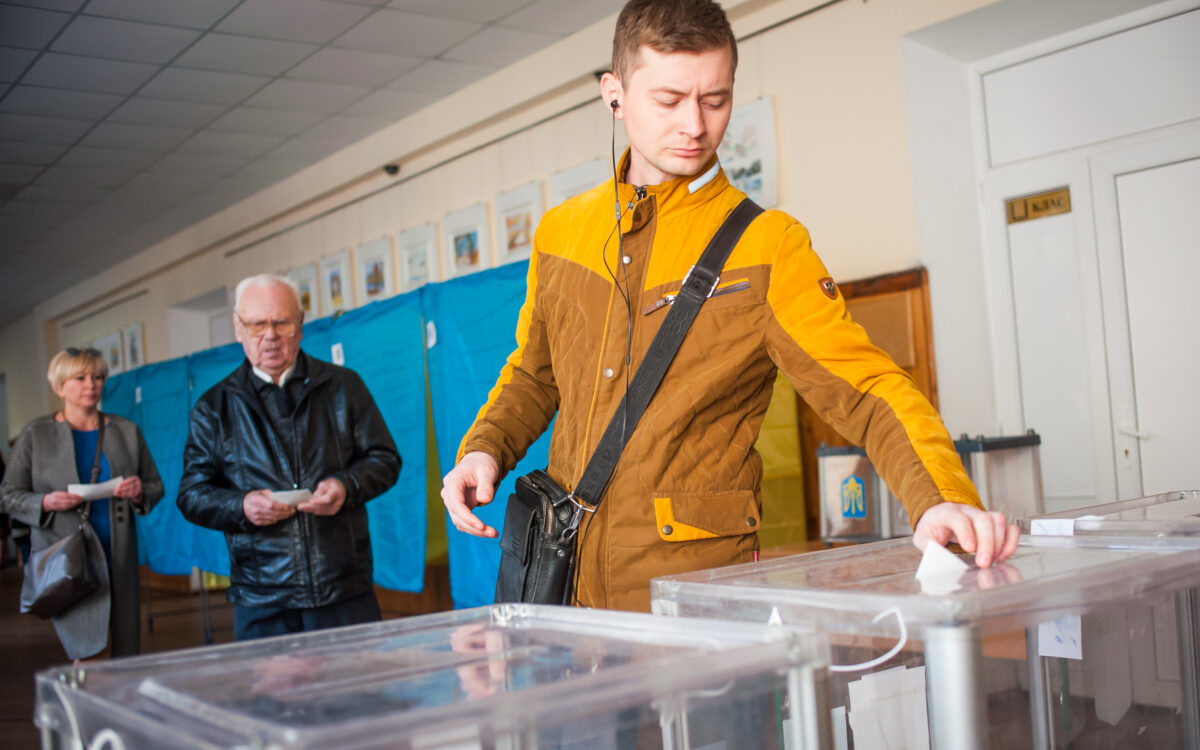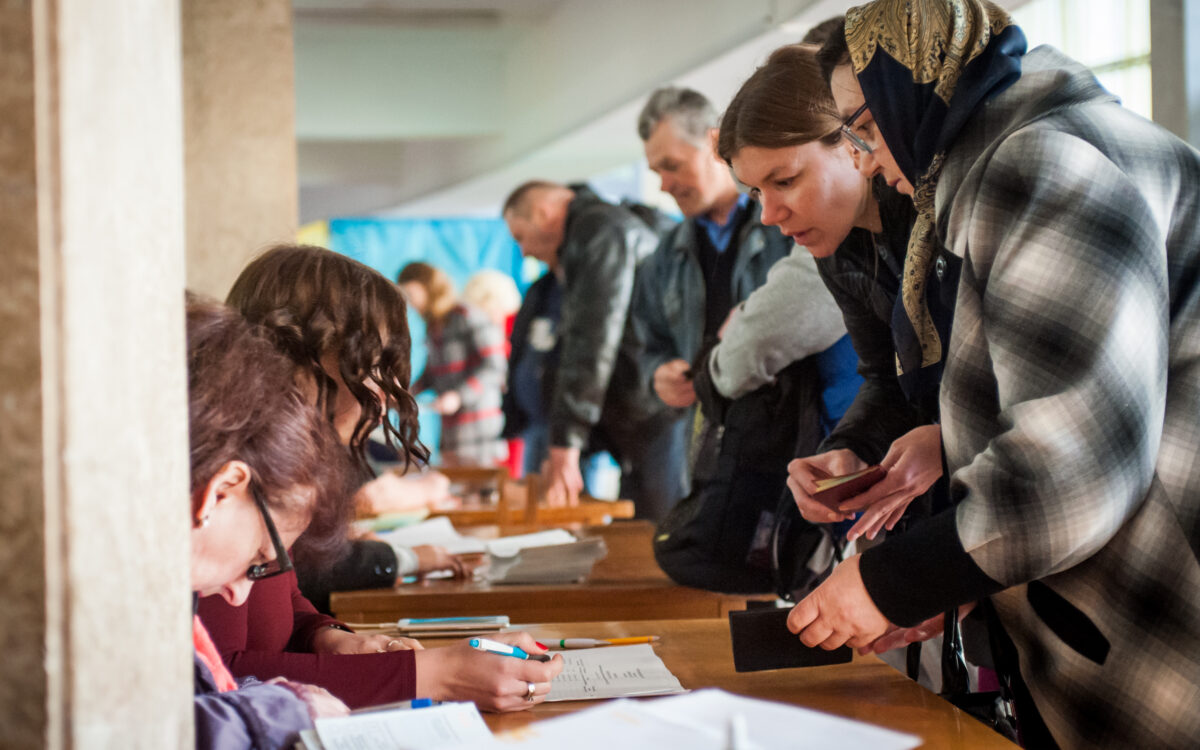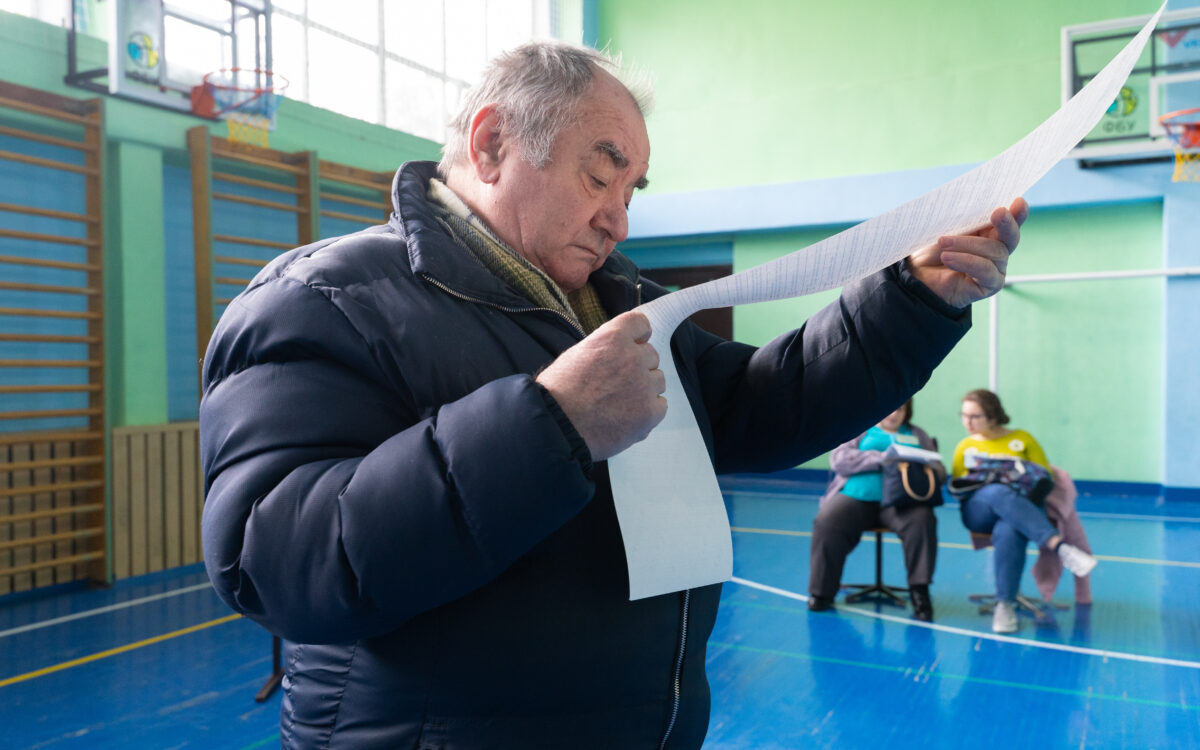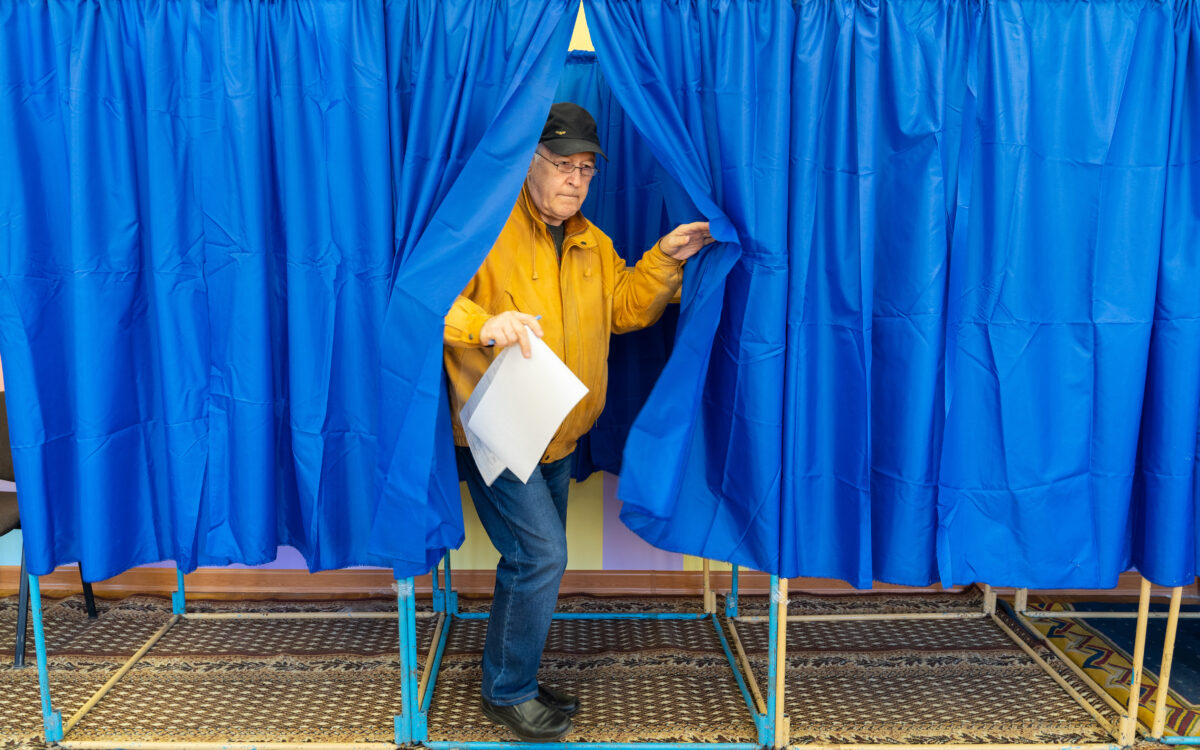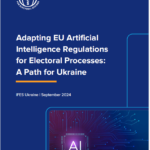
Adapting EU Artificial Intelligence Regulations for Electoral Processes: A Path for Ukraine
10.09.2024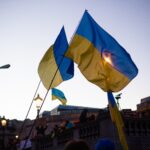
International Day of Democracy: Reflecting on the Rights and Responsibilities in Times of War
16.09.2024Civil Network OPORA: Russia’s Single Voting Day in Occupied Ukraine is Illegitimate. On September 8, Russia held a so-called “single voting day” to complete formation of its occupation in two of Ukraine’s temporarily occupied territories. “Elections” were administered in 83 regions of the Russian Federation, including in the Autonomous Republic of Crimea and the City of Sevastopol, both temporarily occupied by Russia.
On September 9, Civil Network OPORA released an article on the illegitimacy of the Russian-organized elections in occupied Ukraine, underlining the international community’s rejection of Russia’s attempts to sanitize its occupation through pseudo-democratic processes.
In its statement, Ukraine’s Ministry of Foreign Affairs emphasized the results of the “elections” in the Autonomous Republic of Crimea and the City of Sevastopol as null and void. It emphasized that the “elections” are illegitimate. The Ministry noted that “the so-called ‘elections’ in the Russian Federation long ago turned into a farce, have nothing to do with people’s power, and their holding in the temporarily occupied territories of Ukraine in violation of the norms and principles of international law actually delegitimizes Russia’s political system.”
Civil Network OPORA’s article reinforces that Ukrainian citizens’ participation in organizing illegal referenda and elections carries criminal liability under Part 5 of Article 111-1 in Ukraine’s Criminal Code and could result in imprisonment for five to 10 years with a ban on holding specific elected and appointed positions. Organizing and participating in other designated activities associated with illegal referenda and elections could also result in imprisonment for 10 to 15 years. Property confiscation is another form of legal accountability for those who organize and participate in illegal referenda and elections.
Civil Network OPORA’s Legal Advisor Pavlo Romaniuk said, “It’s crucial to understand that Part 5 of Article 111-1 in Ukraine’s Criminal Code specifically uses the conjunction, ‘and’ when referring to ‘participation in organizing and conducting a pseudo-referendum.’ This means that to qualify as an offense under this article, an individual must be involved in both the organization and executing such pseudo-referendums or pseudo-elections. Consequently, if someone merely casts a vote in these illegitimate events, their actions wouldn’t constitute a criminal offense under this article. However, this doesn’t rule out potential liability under other criminal statutes. It’s also worth noting that actions taken under direct physical or psychological coercion are not considered criminal offenses in this context.”
International Community Condemns Russia’s Sham “Elections” in Occupied Crimea and City of Sevastopol. The European Union strongly condemned the so-called “local elections” administered by Russia in occupied Crimea and Sevastopol on September 8. On September 9, Peter Stano, lead Spokesperson for Foreign Affairs and Security Policy at the EU, issued a statement articulating the EU’s position.
“The European Union strongly condemns the holding of these so-called ‘elections’ by Russia on Ukrainian territory,” said Mr. Stano. “They constitute another act of violation of international law, the UN Charter, and Ukraine’s sovereignty, independence, and territorial integrity. The EU does not recognize these so-called ‘elections’ or their results in Crimea. They are null and void and cannot produce any legal effects whatsoever. Russia’s leadership and those responsible for organizing these illegal actions will be held accountable and face consequences.”
On September 10, the Council of Europe also condemned the Russian sham elections in a statement made by Mark Cools, President of the Congress of Local and Regional Authorities of the Council of Europe.
“On behalf of the Congress, I condemn the illegal conduct of so-called elections by the Russian Federation in Ukraine’s Autonomous Republic of Crimea and City of Sevastopol occupied by Russia since 2014,” said Mr. Cools. “The results of these elections cannot be recognized just like the elections in Russia itself which are not free and fair.”
Additionally, the Ministry of Foreign Affairs in Lithuania also condemned the so-called “elections” organized by Moscow in Ukraine’s occupied territory in a declaration published on September 10. And, Norway did not recognize these illegal Russian “elections” in temporarily occupied Crimea and the City of Sevastopol in a statement published on the Norwegian Government’s website.
Verkhovna Rada Approves Appointment of Nine New Ministers in Government Reshuffle. On September 5, the Verkhovna Rada, approved appointment of nine ministers amid a major government reshuffle, the Kyiv Independent reports.
Foreign Affairs Minister Dmytro Kuleba resigned and Mr. Kuleba’s deputy Andrii Sybiha was appointed his successor. Olha Stefanishyna was re-appointed as Deputy Prime Minister and was also appointed as Minister of Justice. Svitlana Hrynchuk was approved as Minister of Ecology, replacing Ruslan Strilets. Matviy Bidnyi, who has been acting Minster of Youth and Sports, received a permanent appointment. Mykola Tochytskyi, a long-serving diplomat and Deputy Presidential Chief of Staff, was appointed as Minister of Culture and Information Policy.
Former Deputy Defense Minister Natalia Kalmykova was appointed Minister of Veterans’ Affairs; Herman Smetanin replaced Alexander Kamyshin as Minister of Strategic Industries; and, Vitaliy Koval, who had spent one year as Chair of the State Property Fund, was approved as Minister of Agriculture.
Members of Parliament approved the candidacy of Oleksii Kuleba, a former Deputy Presidential Chief of Staff, as both Deputy Prime Minister for the Restoration of Ukraine and Minister for the Development of Communities and Territories. He replaces Iryna Vereshchuk.
Minister of Justice Stefanishyna Explains Preparations for EU Law Compliance Screening in Rule of Law Chapter. Deputy Prime Minister and newly-minted Minister of Justice Olha Stefanishyna detailed Ukraine’s preparations for a crucial alignment check of Ukrainian laws with European Union legislation, considered to be a key step in Ukraine’s EU accession process.
As reported by European Pravda’s” article of September 13 and the Ministry of Justice press service, Stefanishyna discussed Ukraine’s accession during a meeting with EU Commissioner for Home Affairs Ylva Johansson in Kyiv on September 12.
Stefanishyna briefed the EU official about Ukraine’s preparations for the second bilateral Ukraine-EU session within the screening process, focusing on Chapter 23 and the Rule of Law and Fundamental Rights and Freedoms and Cluster 1 known as Fundamentals of the EU Accession Process. The session is scheduled for September 17-19 in Brussels.
“About 300 people from Ukraine will participate in the session both online and offline, including leadership of the country’s judicial system, anti-corruption infrastructure, and law enforcement representatives,” Stefanishyna noted. “All our negotiators have been intensively preparing for this meeting since May of this year. It’s truly a huge team of professionals, well-prepared for the negotiation process.”
CEC Continues Work on “Improving Accessibility of Voting for People with Disabilities” Project. On its website, the Central Election Commission (CEC) reports on progress made on its flagship project, “Improving Accessibility of Voting for People with Disabilities,” approved in 2023 by the Barrier-Free Council, chaired by Prime Minister Denys Shmyhal and supported by First Lady Olena Zelenska. The project aims to legislatively regulate the provision of reasonable accommodations and assistive devices for voters with disabilities, enabling independent completion of electoral documentation without third-person assistance.
The CEC has made significant progress on the project’s implementation this year. On April 5, the CEC formed a working group to develop proposals for barrier-free elections. The working group includes representatives from the CEC; the Ministries of Health, Social Policy, Digital Transformation and Communities, Territories and Infrastructure Development; and, Presidential Advisor on barrier-free issues, Tetiana Lomakina. The group has conducted three meetings and defined legislative initiatives. An accompanying subgroup meeting with the Ministries of Health and Social Policy determined a list of reasonable accommodations, categorized into general and individual aids. With support from IFES Ukraine, two research studies were administered on inclusive practices and reasonable accommodations in electoral processes.
CEC member Serhii Postivyi commented on the accommodation of Ukrainian citizens with disabilities. “Russia’s unprovoked military aggression has increased the number of our citizens who have acquired disabilities,” he said. “This applies to affected civilians and military personnel defending our independence. They will all need full adaptation to normal life, including the ability to vote without barriers during post-war elections. This is one of the many challenges we face and for which we need to prepare now. As we have repeatedly emphasized, post-war elections will be the most difficult in Ukraine’s history. At the same time, Ukraine’s future depends on how they are conducted. Therefore, we need to prepare for them carefully and in advance. The Central Election Commission is trying to do this in all areas.”



